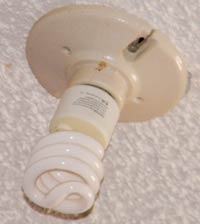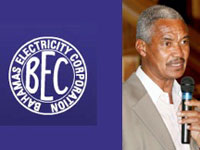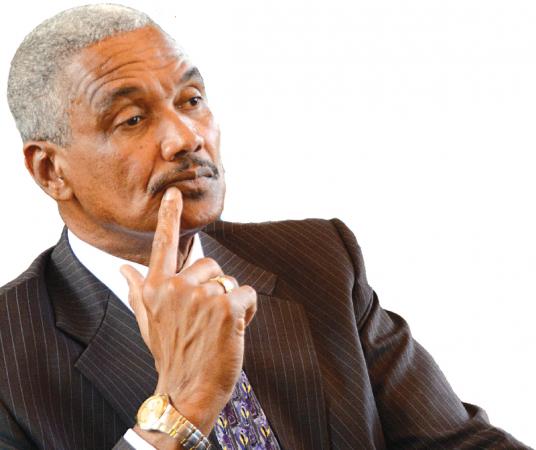
Nassau, The Bahamas – The Ministry of the Environment wants the public to be aware that the Compact Florescent Lamp (CFL) Programme came to a close. The government programme was designed to lower the energy demand on the Bahamas Electricity Corporation (BEC).
A lower demand on electricity translates into fewer blackouts from BEC and less greenhouse gases being produced by BEC and released into the atmosphere. This is how the individual Bahamian can help to save The Bahamas and the global environment.
The government is encouraging all Bahamians to make the responsible switch to CFLs because residential lighting contributes to 20 percent of an individual’s energy consumption. The CFLs save money by drawing about 75 percent less power than a regular bulb.
On May 28, the CFL lamp giveaway ended as a part of the government’s plan to reduce the intensity of energy consumption through the measures provided in the National Energy Policy. Qualified persons appeared to exchange their incandescent bulbs and collect the CFLs at the designated locations.
The government has decided to give the remaining bulbs to BEC customers that can produce a past bill that proves their household consumption is 600 KiloWatts. They will also accept the equivalent monthly average payment of $200 per month to meet the programme’s requirements.
CFL lamps are energy saving bulbs that harness energy into a constant flow of light. They are set to replace the popular and inexpensive incandescent bulbs, which turn energy into heat entropy. It has been proven that the heat these bulbs generate wastes electricity and causes the consumer to spend more on air-conditioning to cool the room that the light is being burned in.
The Inter-Developmental Bank (IDB) has spent $4 Million to fund the promotion of the government’s energy-saving programme. For further information, members of the public are asked to contact the BEST Commission in the Ministry of the Environment.
By Gena Gibbs
BAHAMAS INFORMATION SERVICES



